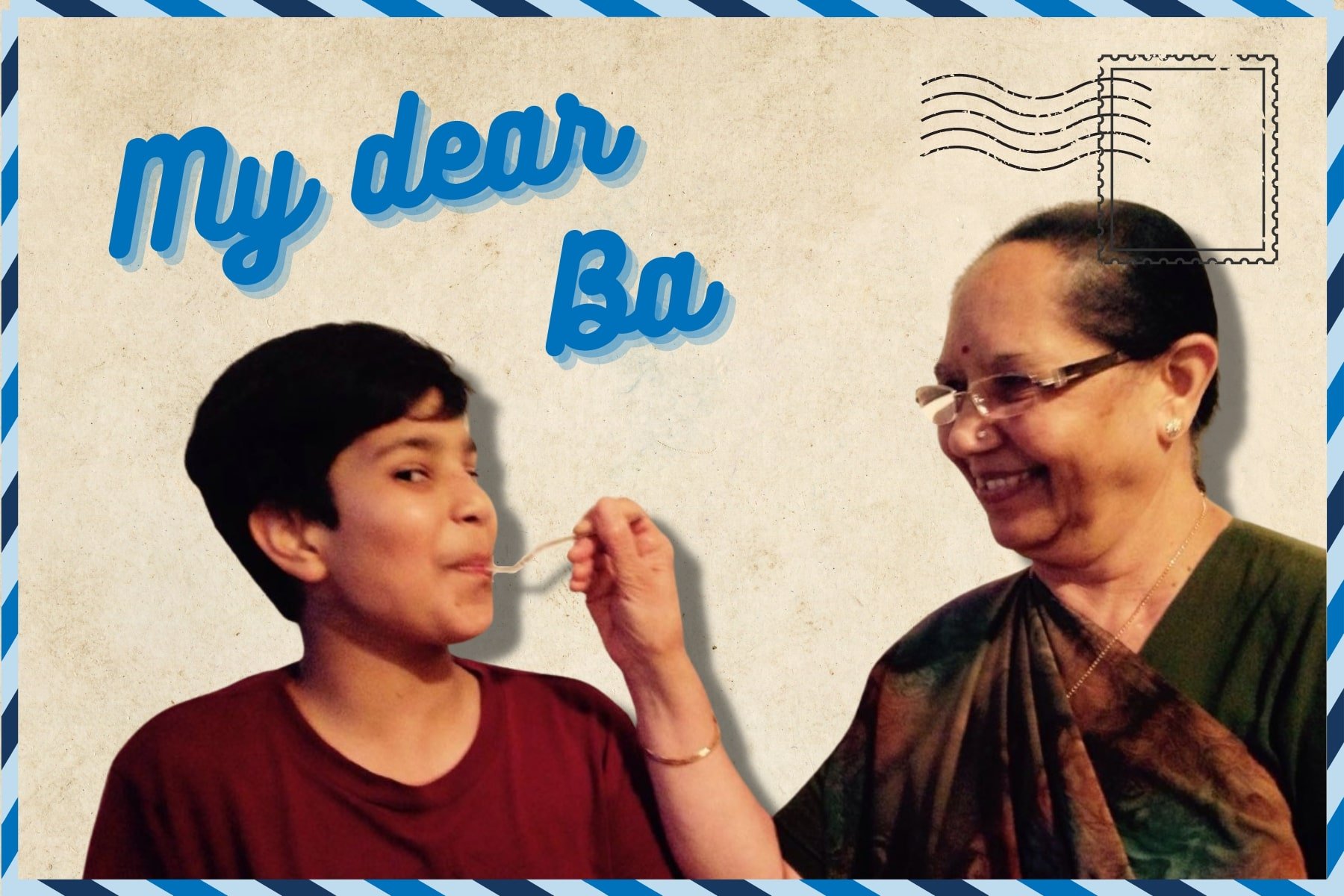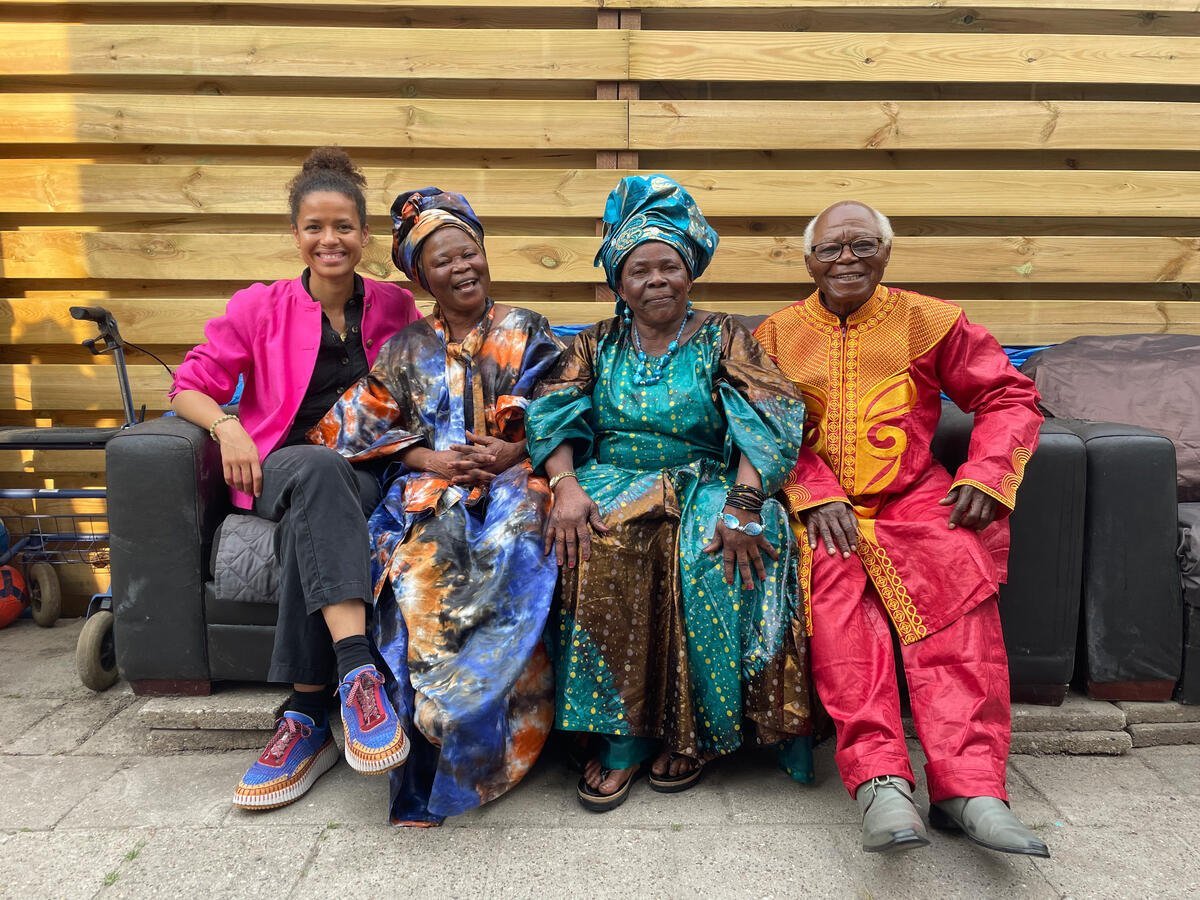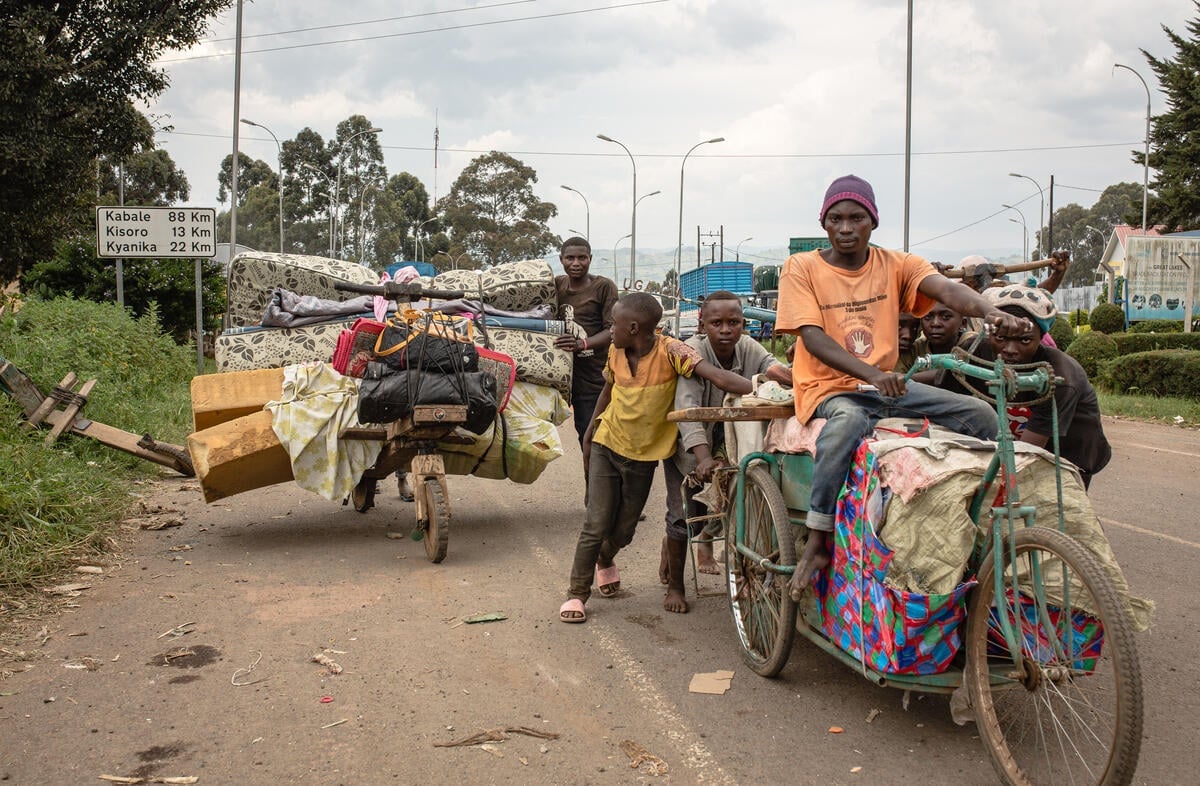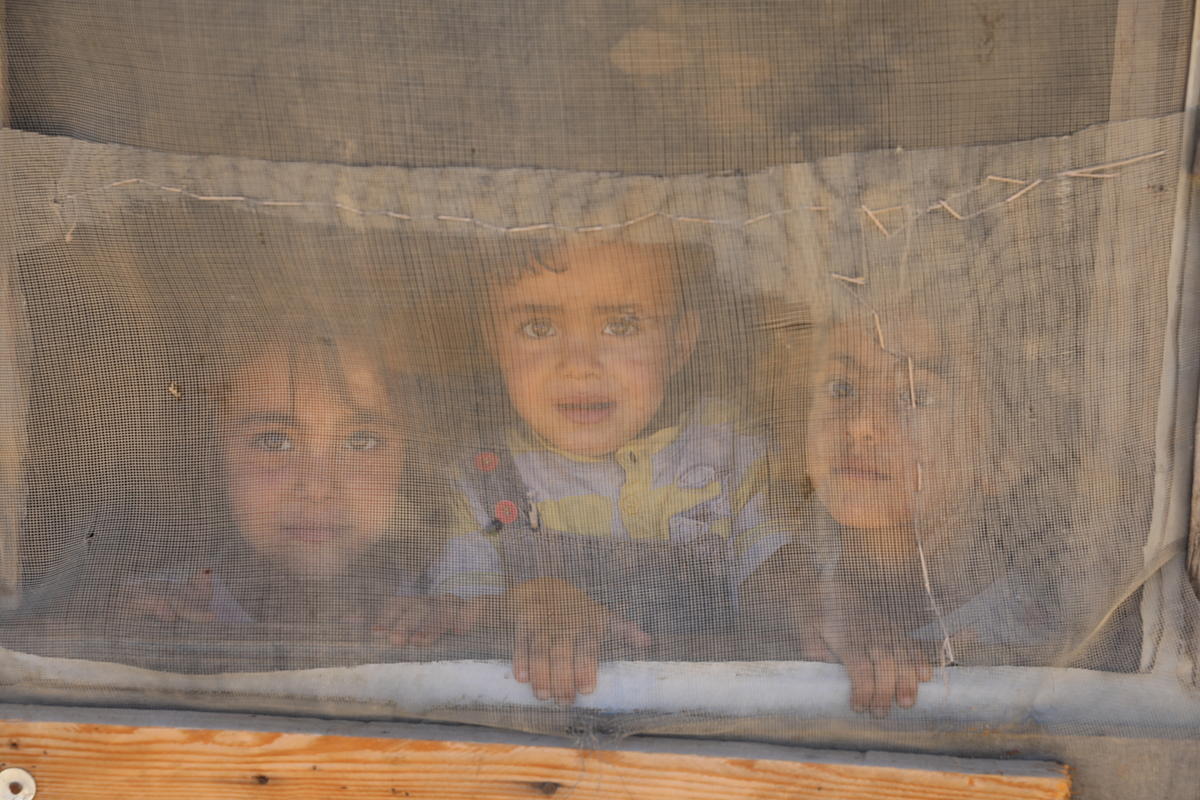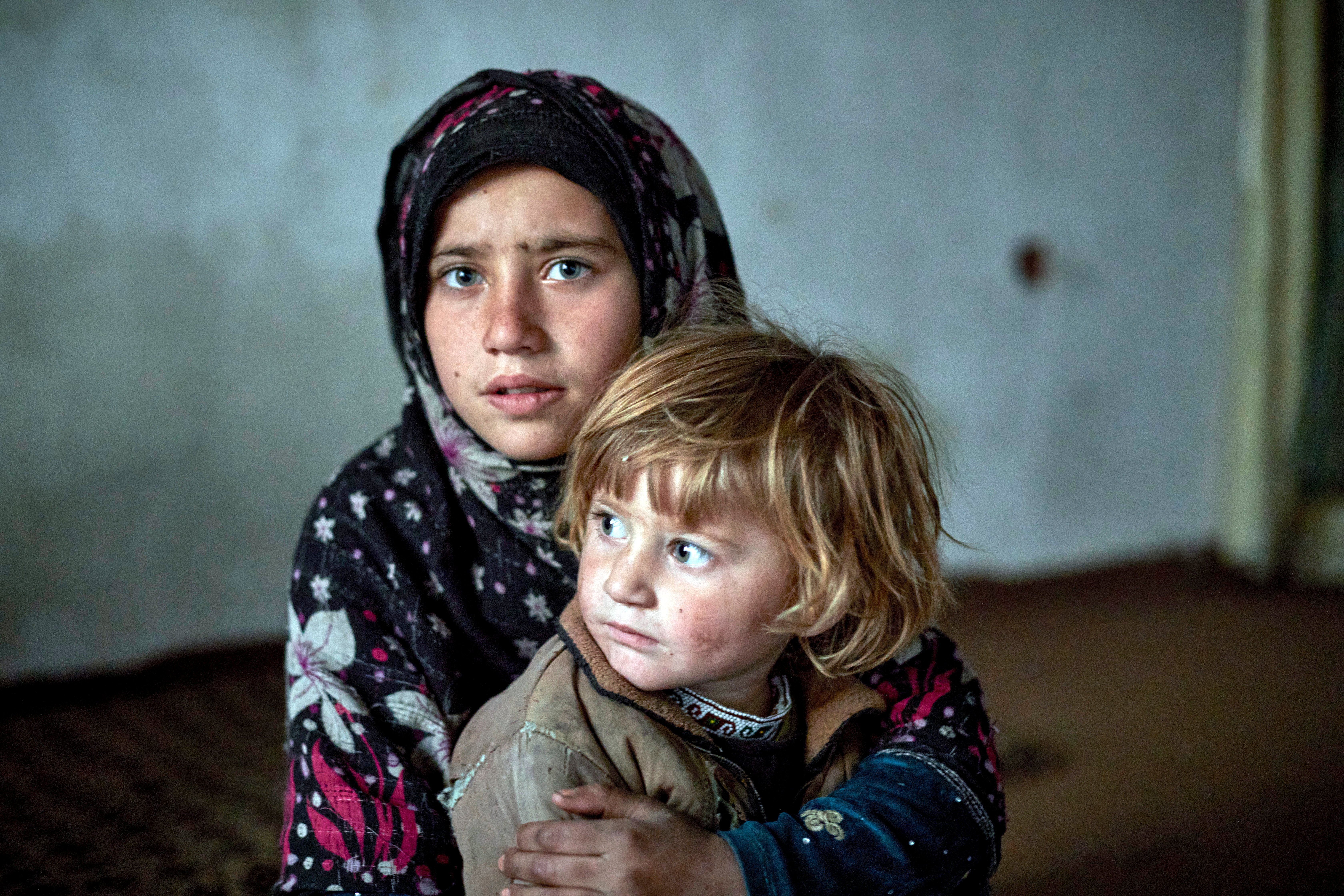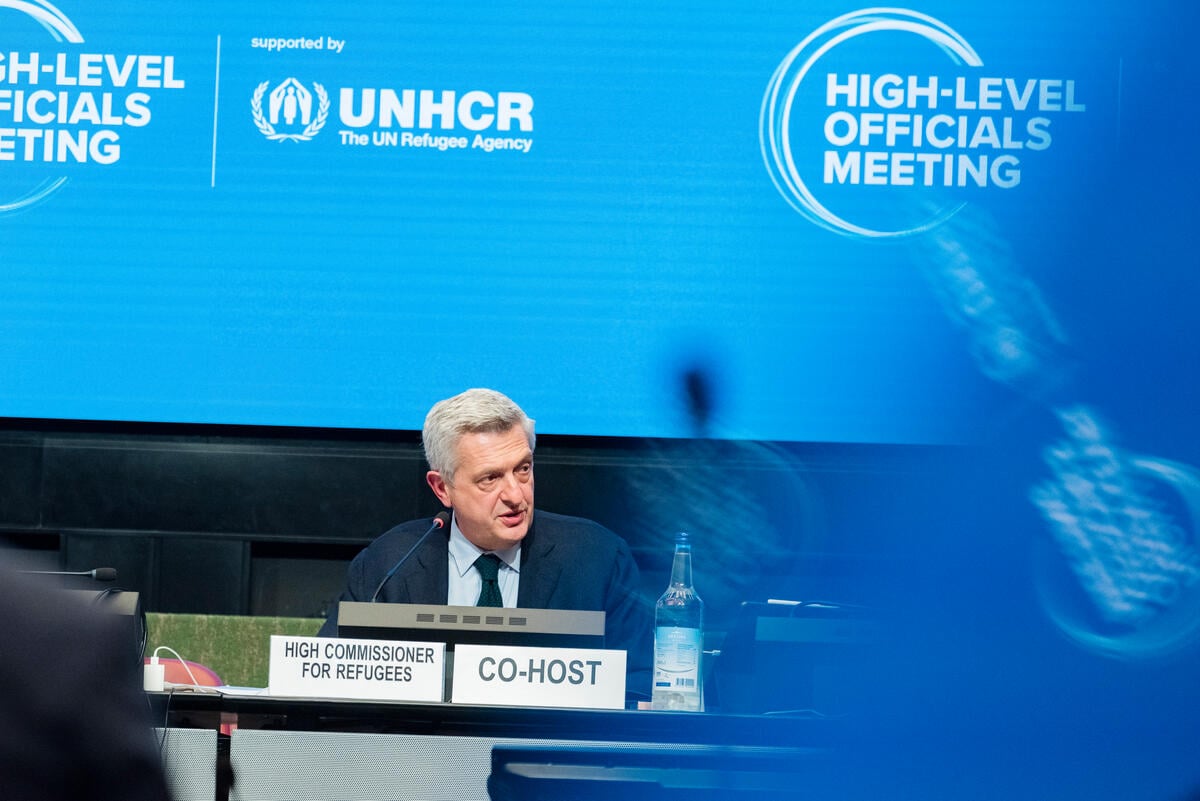Misled Montagnards in Cambodia say no to resettlement
Misled Montagnards in Cambodia say no to resettlement

PHNOM PENH, Cambodia, Nov 5 (UNHCR) - A growing number of Vietnamese Montagnards are crossing into Cambodia under the mistaken impression that UNHCR can help them get their confiscated land back. This has exposed them to risk and put the refugee agency in a dilemma since repatriation is not assured and many have refused to be resettled.
UNHCR and the Cambodian authorities have conducted five missions to the border states of Ratanakiri and Mondulkiri over the last four months in response to reports that groups of Montagnard asylum seekers were hiding in the jungle after crossing from Viet Nam's Central Highlands.
A total of 441 Montagnards presented themselves to UNHCR, which registered and transported them to the capital, Phnom Penh, for refugee status determination. The Cambodian government has requested that the refugees be resettled in a third country within a short timeframe as local integration was not an option.
"It became apparent during status determination interviews that many of the asylum seekers had crossed the border following rumours and alleged radio reports that 'UN' could help them get back confiscated lands, and that not all were fleeing persecution," said UNHCR spokesman Ron Redmond at a news briefing in Geneva on Friday. "Once it was made clear that UNHCR could not assist them with their land grievances, some asylum seekers said they wanted to return to Viet Nam and they did not want to appeal the decision not to recognise them as refugees."
However, those recognised as refugees have been given the option of resettlement, but they have overwhelmingly rejected it. For example, out of 148 cases submitted for resettlement to the United States, 38 cases said they wished to go to the US while 110 cases said they did not want to be resettled there.
UNHCR protection staff were concerned there was a possibility that the high level of negative replies to US resettlement interviews could be a response to pressure from others, for unknown reasons, to reject resettlement against their own interests.
After counselling, some refugees said they were being pressurised, but others said their decision not to accept resettlement was a free choice. Many expressed concerns about their families left behind in Viet Nam and the difficulties they could face in a new country. They repeatedly requested help to resolve their land confiscation problems, which they said occurred some years earlier. Several asylum seekers have already left the UNHCR site in Phnom Penh to make their own way back to Viet Nam.
"This situation has placed UNHCR in a quandary as our mandate is to provide international protection for refugees, not resolve land disputes, and the Cambodian government also wishes for a speedy resettlement," said Redmond.
While the agency is involved in a constructive dialogue with the Vietnamese authorities to find an acceptable humanitarian solution for the repatriation of those asylum seekers who wish to return home, he said, "We remain concerned that Montagnards, suffering under the illusion that we can help with their land problems, may have put themselves at unnecessary risk and exposed themselves to increased vulnerability by crossing into Cambodia."
A new group of 54 Montagnards currently in Banlung in Ratanakiri province will receive thorough counselling by UNHCR and be told clearly that the agency cannot help them with land issues, before being registered as asylum seekers.
There are currently a total of 553 Montagnards under UNHCR protection in Cambodia. So far this year, 74 cases have been resettled - 67 to the US and seven to Sweden.


